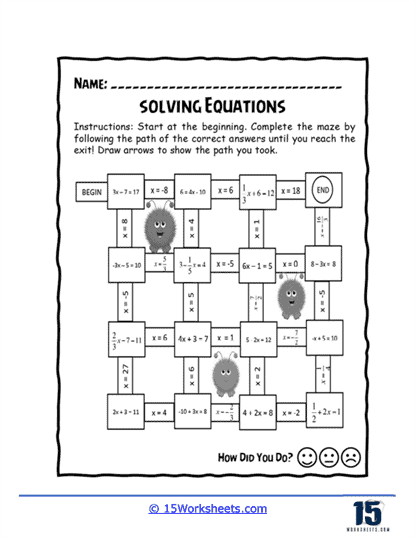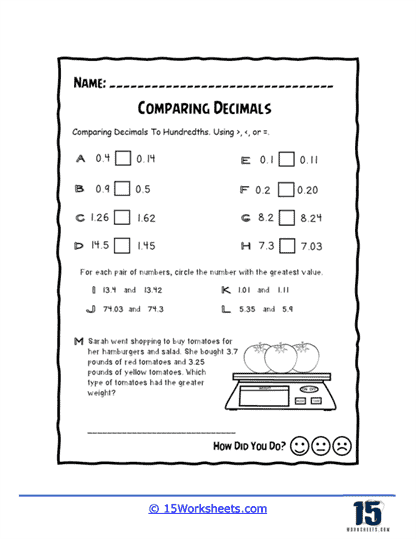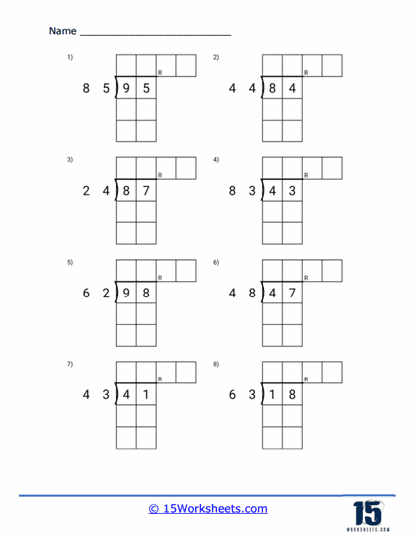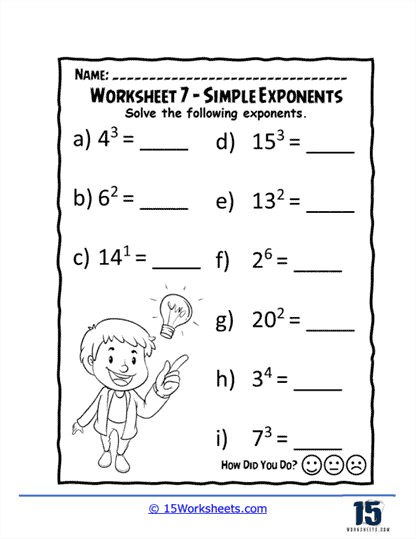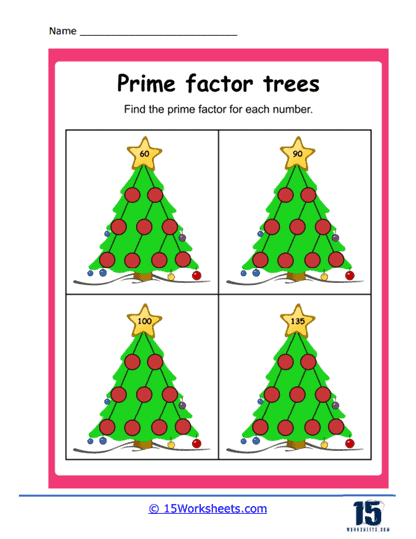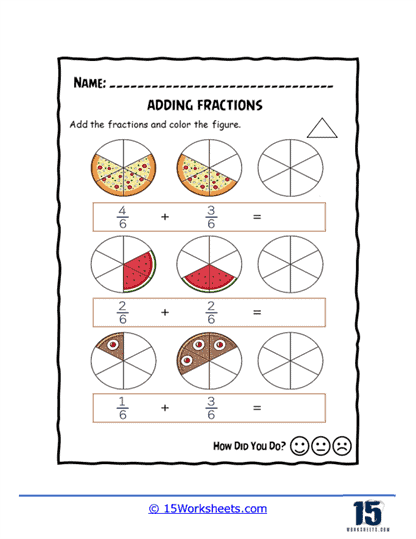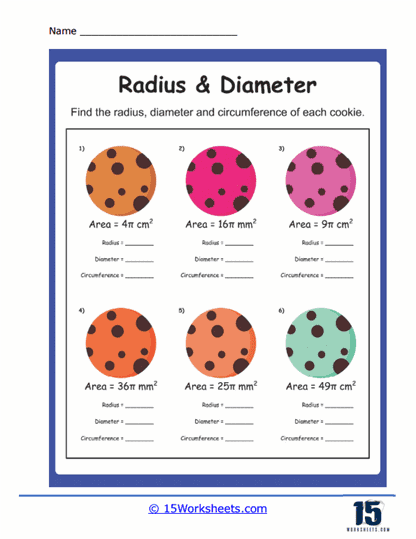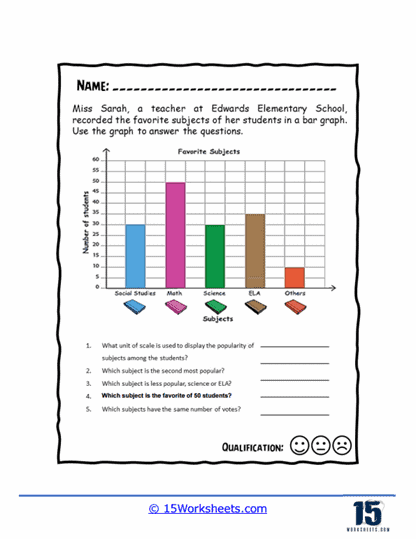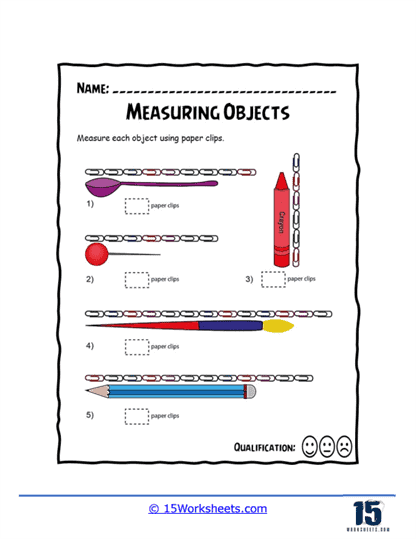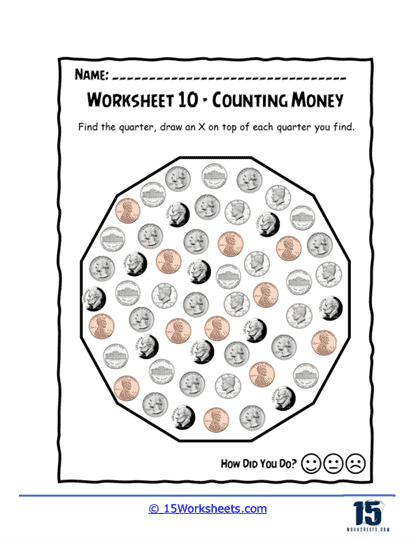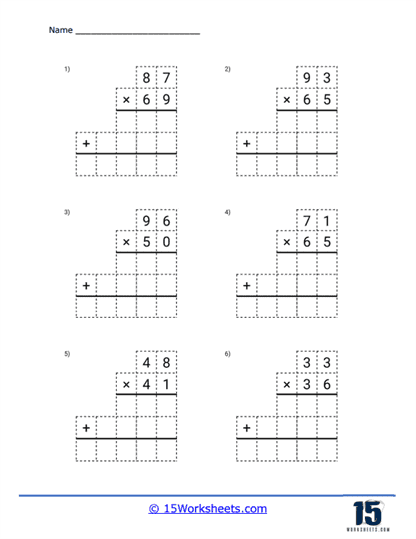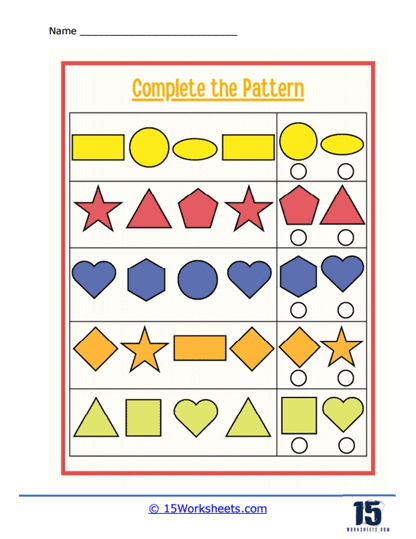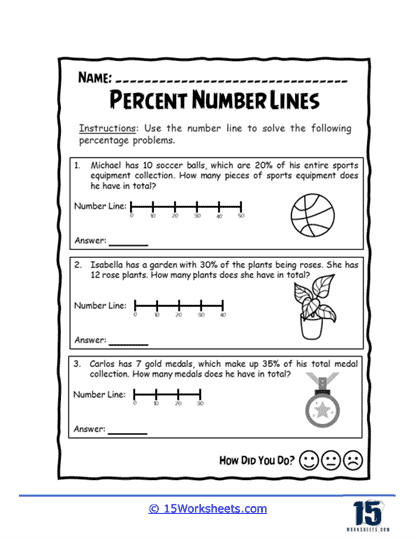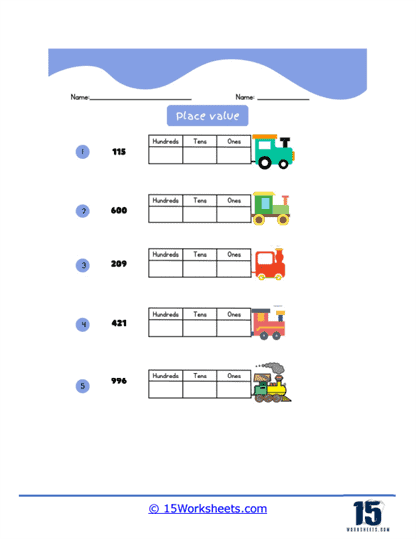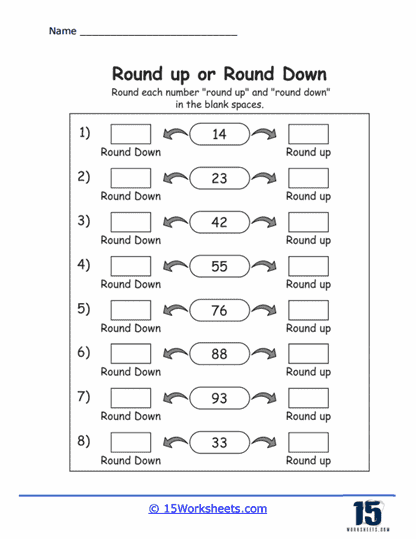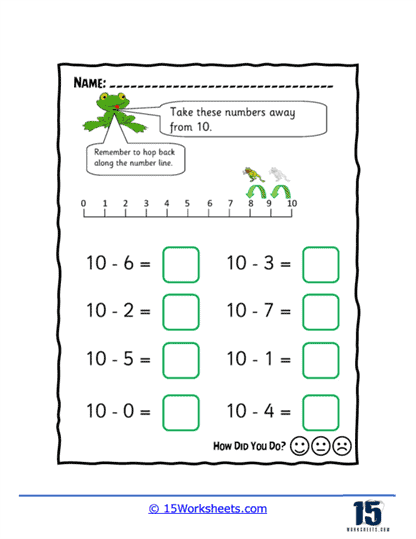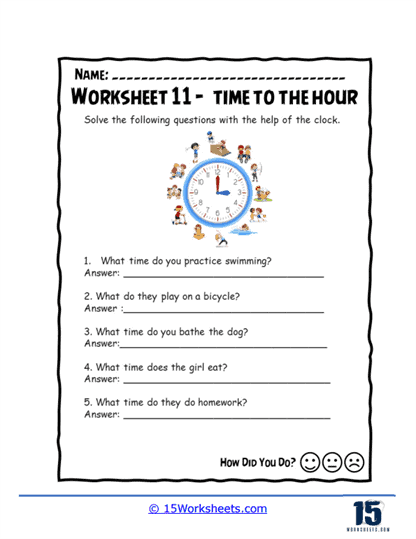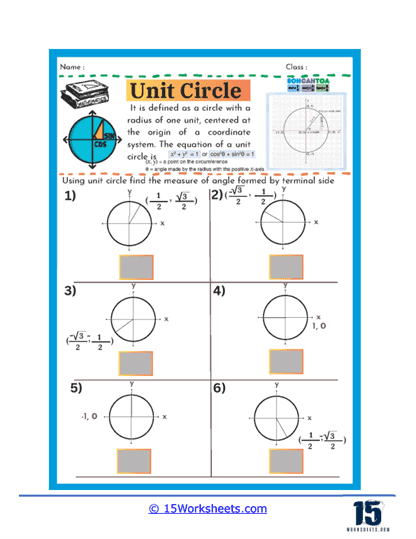Math Worksheets
About Our Math Worksheets
Very few subjects have the impact of math to help us understand our world better. It is an essential subject that helps students develop a range of skills and prepares them for success in many areas of life. This is also an area of school that students struggle with the most. The goal of these sheets is to help students feel much more comfortable with working with numbers and operations between them.
If you are looking to broaden your math vocabulary, we would recommend checking out Addvance Maths. The Addvance Maths EAL page offers teachers printable, translated mathematics vocabulary sheets in multiple languages, aiding English as an Additional Language (EAL) students in understanding key terms. This resource facilitates smoother integration of EAL students into math classes by bridging language barriers.
Worksheets help you learn faster because you practice the same thing over and over. This practice helps you really understand what you’re learning and solve problems quicker and better.
In class or with a tutor, worksheets are great because your teacher can show you right away if you’ve made a mistake. Some worksheets online even tell you instantly if you’ve got a problem wrong. Getting feedback right away helps you learn and fix mistakes.
Worksheets also help you remember what you’ve learned in class or from your textbook. When you work through problems on your own, you really get to understand the lesson. Worksheets also let you see how much better you’re getting at math over time.
The cool thing about worksheets is that they can be made just for you. For example, if you’re having trouble with fractions, you can do worksheets just on fractions. They’re also great for getting ready for tests, because a lot of times, the questions on worksheets are just like the ones on the test. So, you get to practice the kind of questions you’ll see on the test ahead of time.
From calculating the cost of our groceries to determining how much time we have left before an appointment; addition is a fundamental skill that we use constantly in our daily lives. We cover all the foundation skills that are needed to find a total of a sum or series of them.
Students will explore the basic concept of these values and how to perform basic operations with them. It is best to introduce students to the concept of decimals by representing them visually as parts of a whole.
These worksheets stress the core concept of breaking something into an equal number of smaller parts. It can be viewed, earlier on, as sharing. It is best to begin with a visual approach and then move on to working with integers.
This section works on unique math skills that differ a bit from the norm because it involves making an educated guess about the quantity or value of something without counting or measuring it exactly. The answer keys provide your with immediate feedback and allow for repetition, which supports effective learning.
This set of worksheets helps students better understand the composition of a numeric value and the various operations that can be used to create. This offers a solid introduction to prealgebra skills by helping introduce students to factor trees, greatest common factors, least common multiples, various forms of factorization.
This is a difficult concept for many youngsters. We suggest an approach of building off of momentum of focusing on what numerators and denominators stand from before we work on performing a variety of operations with these values.
Geometry Worksheets
We refer to this as the math of shapes and position. The goal is to gain the understanding and describing the relationships between points, lines, angles, surfaces, and solids.
These are used to visually represent a wide array of data. This makes it easier to observe trends and compare and contrast data. By identifying patterns in the data, we can make educated guesses about what may happen in the future.
This worksheet series will afford students a high level of comfort with intermediate and advanced numeracy skills. The concept and application of absolute values, negatives, and opposite values becomes commonplace in this section. Students also learn the various properties of numbers and the operations that can take place between them. They will also learn how to convert values in various forms of numeric notation and classification.
We use these skills to understand and communicate how much of something we have. There are many different systems that use various types of units across the world. We focus on helping students learn to make basic conversions of units between these systems.
We explore this operation from many different angles to help students learn how to become self-problem solvers. The goal is to help students learn to perform this operation mentally with little thought being required.
This requires a higher level of critical thinking and often requires a great deal of repetition. We focus on recognizing relationships and connections between different numbers and operations. We begin by using concrete objects to help students make sense of this skill in their daily lives.
When we begin working with larger values, we often need identify the significance of each digit in a number. In the base 10 system, each digit in a number can represent a different value depending on its position in the number. This will be necessary to understand as we approach working with decimal numbers.
Students will explore this operation that establishes the differences between two or more values. The concept of regrouping and borrow between place values is built upon heavily in this section of our website.
Time Worksheets
Students will not only learn how to tell time across many different devices, but the significance of that value in their daily activities. We will also explore the different ways in which time differs across the world.
These are mathematical exercises that are presented in the form of written scenarios or real-world situations. They require the application of mathematical concepts and operations to solve for unknown quantities or variables. This set plays a significant role in helping students develop critical thinking skills and apply math in practical, real-world situations.


